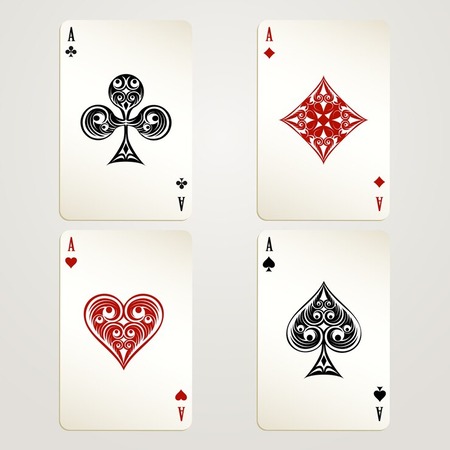
Music can influence people to gamble more through several psychological mechanisms:
- Mood Enhancement: Music has the power to evoke emotions and enhance mood. Upbeat and energetic music can create an atmosphere of excitement and anticipation, which can be conducive to gambling. Casinos often play lively music to elevate the mood of their patrons, making them more likely to engage in risk-taking behaviors like gambling.
- Pacing and Rhythm: The tempo and rhythm of music can affect the pace of gambling. Fast-paced music can subconsciously encourage quicker decision-making and spur individuals to take more risks. This can lead to impulsive gambling behavior as people become caught up in the rhythm of the music. If you love to groove while you play blackjack you need to check out Betiton table games.
- Associations and Memory: Certain songs or musical genres may be associated with gambling through popular culture or personal experiences. Hearing these songs can trigger memories or associations related to gambling, making individuals more inclined to participate in such activities.
- Social Influence: Music is often experienced in social settings, such as casinos, bars, or clubs, where peer influence plays a significant role. If people hear music associated with gambling in these social environments, they may feel pressure to conform to the behavior of those around them, leading them to gamble more than they originally intended.
- Distracting from Losses: Casinos strategically use music to distract patrons from losses and create an immersive environment. By masking the sound of losing bets with music, individuals may be less aware of the negative consequences of their gambling behavior, leading them to continue gambling despite financial losses.
- Pleasure and Reward: Listening to music activates the brain’s reward system, releasing neurotransmitters such as dopamine that are associated with pleasure and motivation. Engaging in gambling activities can also stimulate this reward system. When music and gambling are combined, they can reinforce each other, creating a cycle of pleasure-seeking behavior that encourages individuals to gamble more.
Overall, music can serve as a powerful tool for casinos and other gambling establishments to influence people’s behavior and encourage increased participation in gambling activities. However, it’s essential to recognize these influences and practice responsible gambling behaviors to avoid potential negative consequences.
The most popular music played in a casino often depends on the atmosphere the casino is trying to create and the preferences of its target audience. Casinos generally play music that is upbeat, lively, and energetic to enhance the gaming experience and keep patrons entertained. Some common genres and artists frequently heard in casinos include:
- Pop music: Popular hits from various decades, often with catchy beats and familiar lyrics.
- Rock and roll: Classic rock songs or modern rock hits can create an energetic atmosphere.
- Jazz: Smooth jazz or instrumental jazz music is often played in more upscale casinos or lounges.
- Electronic dance music (EDM): Upbeat and high-energy EDM tracks can be found in some modern casinos, especially those targeting younger crowds.
- R&B and soul: Smooth and soulful tunes can provide a relaxed yet vibrant ambiance.
- Classic hits: Timeless songs from artists like Frank Sinatra, Elvis Presley, and The Beatles are often played in casinos, especially in areas with a retro or nostalgic theme.
Ultimately, the specific music played in a casino can vary based on factors such as the casino’s theme, target demographic, time of day, and location. The goal is usually to create an inviting and exciting atmosphere that encourages patrons to stay and enjoy the gaming experience.
